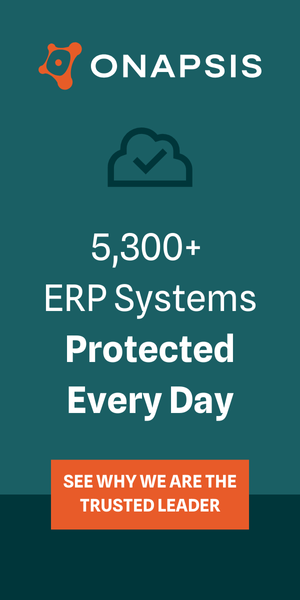Capgemini has announced an extension of its strategic partnership with start-up Ascendance to accelerate the industrialization of sustainable aviation solutions. This collaboration will transition Ascendance from technology demonstrations to large-scale production, focusing on hybrid electric propulsion technology that promises to reduce the environmental impact of air travel significantly.
Founded in 2018, Ascendance has emerged as a key player in the pursuit of net-zero aviation. They develop aircraft and hybrid electric propulsion systems tailored for various regional applications, including passenger transport, medical services, logistics and surveillance. Their innovative approach is poised to reshape the aviation landscape, making sustainable aviation viable on a broader scale.
Since 2021, Capgemini has been instrumental in supporting Ascendance’s product development, leveraging its engineering expertise across critical disciplines such as system engineering, flight physics, and power systems. This collaboration has laid the groundwork for the upcoming first flight of Ascendance’s ATEA prototype, a next-generation Vertical Take-Off and Landing (VTOL) aircraft designed with the patented STERNA hybrid propulsion system.
As the partnership evolves, Capgemini will deploy its comprehensive capabilities in engineering, technology, data analytics, and business transformation to enhance the industrial ramp-up of both the STERNA system and the ATEA aircraft. This move underscores Capgemini’s commitment to nurturing high-potential start-ups while aligning with its broader sustainability goals.
William Rozé, CEO of Capgemini Engineering, expressed enthusiasm about the partnership’s expansion, stating, “Together, with Ascendance’s hybrid modular propulsion system and Capgemini’s end-to-end capabilities, we are ready to accelerate and soon deploy decarbonized solutions at scale for the aviation industry.”
Jean-Christophe Lambert, CEO and Co-founder of Ascendance, echoed this sentiment, highlighting the importance of Capgemini’s expertise in engineering and industrialization in bringing their hybrid propulsion solution to market. “Together, we will contribute to making sustainable aviation more accessible, leveraging innovations that will reduce the carbon footprint of the aviation sector while offering new possibilities for the mobility of tomorrow,” he said.
What this means for ERP Insiders
This strategic partnership not only sets the stage for innovative advancements in aviation but also reinforces the growing commitment within the industry to address climate change through sustainable practices.
Sustainability taking off in aviation. This move represents the industrialization of sustainable aviation solutions, particularly focusing on hybrid electric propulsion technology. This shift is essential for meeting rising regulatory and consumer demands for greener aviation options.
Aviation’s move toward decarbonization will impact supply chains. CIOs and senior business leaders should be aware of these trends as they will influence supply chains, operational efficiencies, and corporate sustainability strategies.
Innovation will help solve climate change issues. This partnership illustrates the growing importance of innovation in addressing climate change. Business leaders must consider how adopting similar technologies can enhance their operational models, meet sustainability goals, and align with shifting public and stakeholder expectations regarding environmental responsibility.





